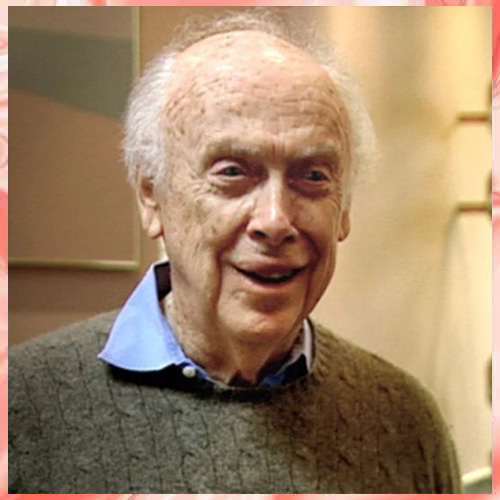
Born on April 6, 1928, Watson made the groundbreaking discovery in 1953 alongside Francis Crick, a revelation that reshaped our understanding of genetics and heredity. In 1962, he shared the Nobel Prize in Physiology or Medicine with Crick and Maurice Wilkins for their pioneering work on DNA’s molecular structure.
Watson’s discovery laid the foundation for the biotechnology revolution, influencing fields from cancer research to forensic science and genealogy. The double helix became an iconic symbol of modern biology.
However, his legacy is complex. In later years Watson came under fire for remarks on race and intelligence, leading to his suspension and the removal of certain honours from his name.
Beyond his Nobel-winning work, Watson played a significant role in scientific leadership, including guiding the early phases of the Human Genome Project and serving as director of the Cold Spring Harbor Laboratory.
Watson passed away in hospice care following a brief illness, his death confirmed by his former institutional affiliation.
In remembering Watson, the scientific community acknowledges both the transformative impact of his work and the controversies that clouded his later years. His contributions remain central to our understanding of life’s blueprint—and they will continue to shape genetics and medicine for generations to come.
See What’s Next in Tech With the Fast Forward Newsletter
Tweets From @varindiamag
Nothing to see here - yet
When they Tweet, their Tweets will show up here.





























